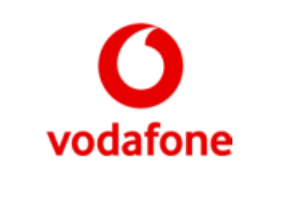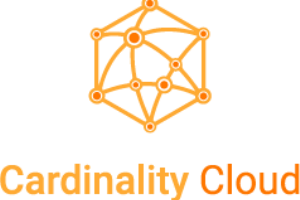5 May 2022 – Vodafone, Cardinality.io and Google Cloud announced that they have built a smarter, pan-European cloud-native network performance platform to give Vodafone’s customers a consistently faster and highly reliable mobile experience across Europe.
The platform is now being implemented across eleven European countries in which Vodafone operates and will transform the way it plans, builds, and manages its network over the next five years.
Vodafone’s European operating companies will be able to draw billions of vital network performance datapoints from a secure cloud data pool using the new platform. It will replace over 100 separate network performance applications in use today, providing a single source of clean data in the cloud that can be optimised and analysed using artificial intelligence (AI).
Vodafone will use the data to monitor, manage and enhance its entire pan-European mobile network, including Critical National Infrastructure (CNI). The platform will enable Vodafone to focus 5G investment with pinpoint precision in the areas where the demand is greatest such as in cities, travel corridors, ports, industrial hubs, and in specialist areas such as mobile private networks, as well as target those rural areas with patchy coverage.
Capable of processing and analysing up to eight billion mobile network performance events per day, Vodafone data scientists can have deep insights into network data such as traffic patterns to make informed and instant, network-changing decisions. This means Vodafone can add capacity and integrate new network connectivity in response to major incidents, public and political events, manage energy efficiency and restore services after severe weather storms within minutes and hours, not days on either a highly localised level or internationally across borders.
Johan Wibergh, chief technology officer of Vodafone, says, “As the needs of our 300 million plus mobile customers evolve so will our network using this new platform. It is a global data hub that gives us a real-time view of what is happening anywhere on our network, uses our global scale to manage traffic growth cheaper and more efficiently as customer data consumption grows by around 40% per year, and supports the full automation of our network by 2025.”
Performance management tools are used for most network processes including capacity planning, optimisation, troubleshooting, enhancing the customer experience, and introducing new 5G and edge computing services. By simplifying data operations at scale and generating real-time insights, the new platform will make all these processes faster, smarter, and more personalised.
Vodafone has already seen major network and IT incidents fall by nearly 70% this year by simplifying and digitalising core operations, and within a few years, it expects to resolve 80% of all incidents end-to-end without human intervention. In turn, this is freeing up Vodafone’s expanding technology workforce to develop new products and services 50% faster, cheaper and at scale.

Also, using these advanced ML (machine learning)/AI monitoring tools, Vodafone can detect and block fraudulent or suspicious activity on the network across Europe often before its customers are impacted. It will underpin Vodafone’s pioneering work in smart planning across its entire European footprint a method of using key network metrics to prioritise upgrades whilst significantly reducing the cost of maintaining and extending its networks.
Called Vodafone Unified Performance Management (UPM), the platform combines Google Cloud’s smart analytics portfolio and ML/AI tools with Cardinality.io’s deep telecom industry expertise and award-winning cloud-native DataOps and analytics platform to deliver the solution on the best of breed hybrid cloud architecture. All data is stored within Vodafone’s own on-premise data lake on servers in Europe. Data will be protected with appropriate state of the art security and privacy protections such as encryption, anonymisation, pseudonymisation and aggregation and will be accessible only by authorised users.
“Moving data to the cloud while providing governance across multiple on-premises sites is an immense challenge,” says Vivek Gupta, director, network AI and telecom partnerships, Global Telecom Industry Solutions, Google Cloud. “Cardinality.io’s close integration with Google Cloud unlocks immense value for Vodafone as it seeks to provide an unparalleled customer experience to its European subscriber base.”
“With Vodafone UPM, Cardinality.io provides the bridge that makes it possible to efficiently move data from multiple far edge locations to a centralised Google Cloud data repository,” says Prashant Kumar, chief technology officer and co-founder of Cardinality.io. “Thanks to the Cardinality.io platform’s data virtualisation capabilities, open API interfaces and microservices-based architecture, Vodafone can choose the third-party tools it prefers for creating dashboards, reports and advanced analytics.”
Comment on this article below or via Twitter: @IoTNow_OR @jcIoTnow










